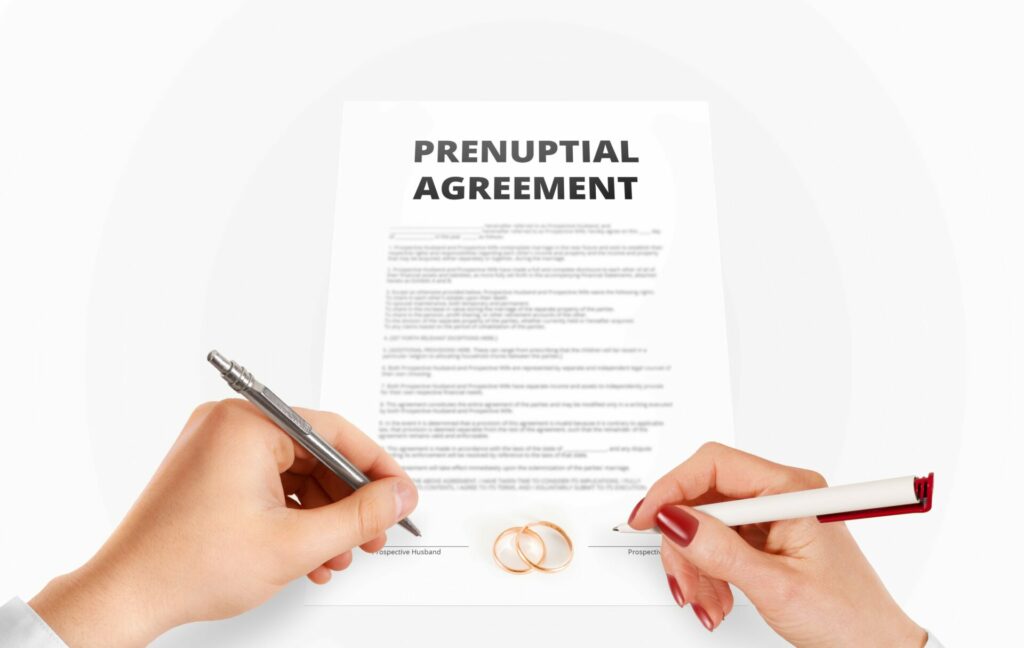Is it Better to Leave Behind a Will or a Trust in Texas?
Most people want to ensure their loved ones are cared for after they’re gone. For many people, one of their greatest points of pride is caring for their family. Leaving behind adequate support, gifts, mementos, and other assets can become a final act of devotion to those you care most about. While many people would like to leave assets behind for their family and friends, many are unsure of the practicalities of estate law. Because of movies and television, many believe they only need to draft a basic will to ensure their money and possessions are distributed according to their wishes.
Though this may be true in some exceptional circumstances, the truth is often more complicated. In some situations, a simple, concise will may be enough to ensure your friends and family receive the assets you want them to receive. However, there are other instances where a will may be inadequate. In these circumstances, you may be better served by a trust. If someone passes away without a will or a trust, they are considered to have died intestate by Texas. This can potentially result in the person’s estate entering probate. Probate is a long and often complex process that determines who inherits what when someone dies.
This is why it’s essential to contact an experienced attorney. An attorney can help you determine whether a will or a trust is the best choice for you and your loved ones and avoid probate.
What is a Will?
A will is a basic document outlining certain things a person wishes to happen upon death. Wills are essential for conveying specific instructions. For example, a will can:
- Give Funeral Instructions
- Assign Guardianship
- Appoint an Executor of the Estate
- Name Beneficiaries of Specific Assets
A will is valuable for outlining specific instructions and assigning certain inheritances. Because they are basic documents, they are relatively easy and inexpensive to draft. In 2015, the Texas Supreme Court passed a law requiring the state to provide forms for individuals to write their wills. Even if you write your own will, you must have it reviewed by an experienced attorney. It is very easy for someone without legal experience to draft a will improperly, which could lead to people challenging the will at a later point.
However, a will may not always be the best option for a large estate. Wills are subject to the probate process. This is to ensure that all of the deceased’s assets will be distributed properly and legally. Depending on the individual circumstances, probate can last for years.
What is a Trust?
A trust is a more complex legal arrangement than a will. An individual named a guarantor establishes a legal relationship with another individual named a trustee. This legal relationship is called a trust. In a trust, the guarantor transfers legal ownership of assets into the trust. These assets then become the responsibility of the trustee. The trustee will manage these assets on behalf of the guarantor until the guarantor passes away. When this happens, the trustee distributes the assets in the trust according to the guarantor’s wishes.
Because the trusts legally belong to the trust at the time of the guarantor’s death, they are usually exempt from probate. This means the trustee can distribute the assets in the trust without the beneficiaries going through the probate process to claim them.
A trust may be right for you if you possess many assets that you wish to leave behind, including real estate, large sums of money, multiple vehicles, and more. The more significant the estate, the higher the likelihood that the probate process will take considerable time. Trusts are also valuable if you have a large family or are concerned your family and friends may run into conflict regarding your estate. A trust is an excellent way to preemptively avoid this conflict and allow your loved ones to focus on more important matters.
Trusts may not be right for everyone. A trust can require more money and time investment than a will. Trusts must also be maintained and consistently updated as you acquire more assets you wish to add to the trust. This is why you should consult an experienced estate planning attorney. A skilled attorney can review your assets and help determine whether a will or a trust is right for you.
Should I Have a Will or a Trust in Texas?
No two people have the exact same financial circumstances. Because of this, there is no across-the-board answer for whether someone should draft a will or establish a trust. Many people choose to do both. This is part of a more extensive process called estate planning.
Estate planning is a comprehensive legal process. It not only includes how someone wishes their assets to be divided but can also contain such documentation as a power of attorney, instructions for medical care if they become incapacitated, and more. Whether you should draft a will, establish a trust, or do both as part of a more extensive estate planning process will vary from person to person. This is why it’s vital to consult an experienced attorney.
If you or a loved one are trying to decide whether to write a will or establish a trust, don’t hesitate to contact Barina Law Group, PLLC, at 254-269-4591. Bobby Dale Barina has a twenty-year-plus established track record of serving the Temple, Texas, area. He and our staff provide personalized service for every client to ensure they feel seen, heard, and cared for. Bobby Dale Barina understands that if someone comes to him, they have a life stress from which they can’t move on until it’s resolved. He knows the stress of having big decisions and potentially stressful life events hanging over your head. That’s why he wants to help all his clients resolve their cases so they can sleep easily, knowing their legal concerns have been resolved.
Deciding on a will or a trust is a significant decision; please don’t leave it to chance. If you or a loved one are trying to determine whether a will, trust, or both is right for you, call Barina Law Group PLLC today at 254-269-4591 to schedule your custom strategy session.


 CALL US NOW
CALL US NOW








